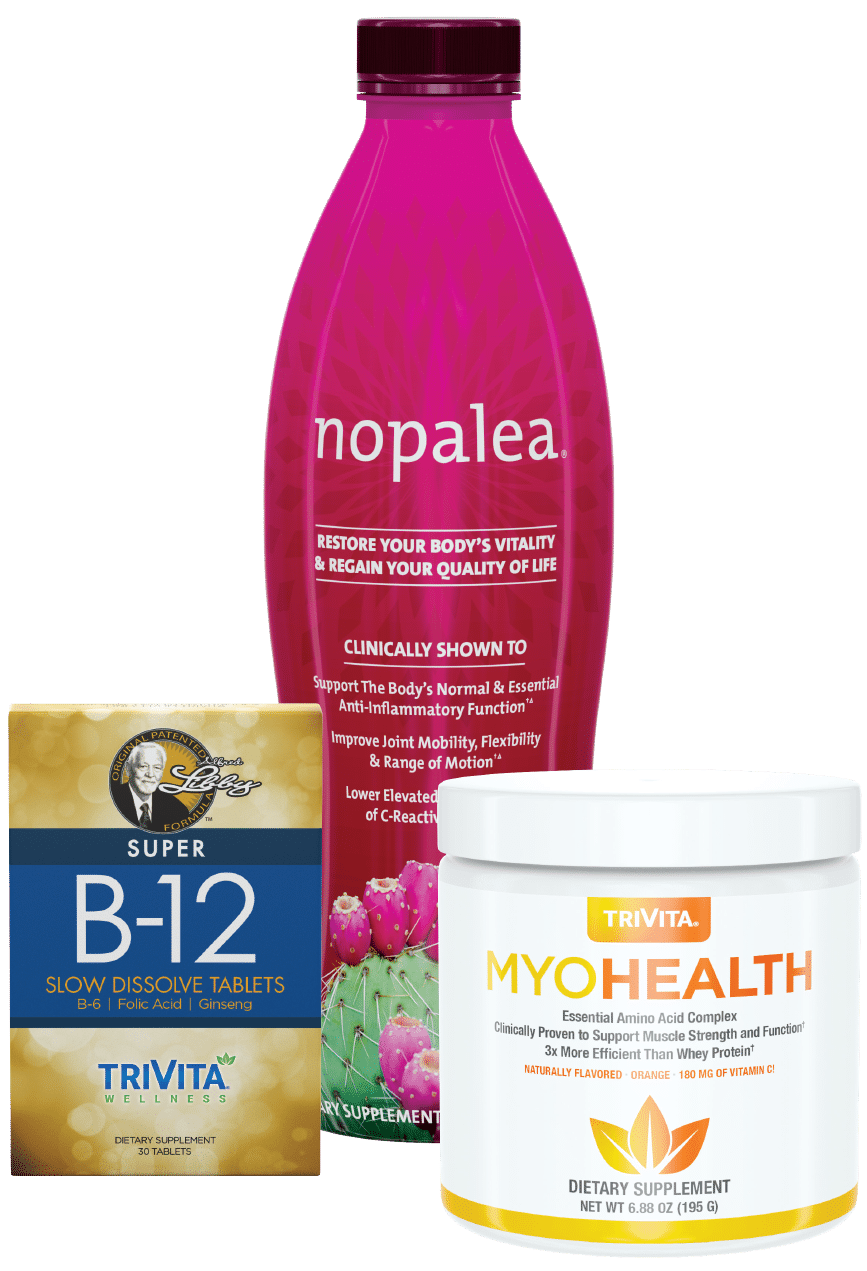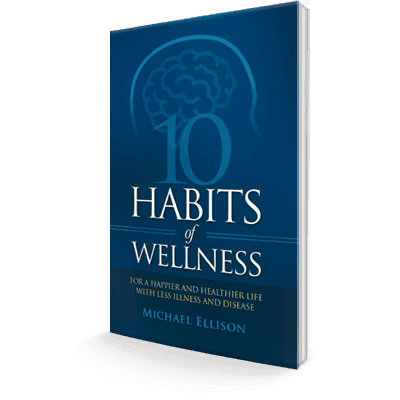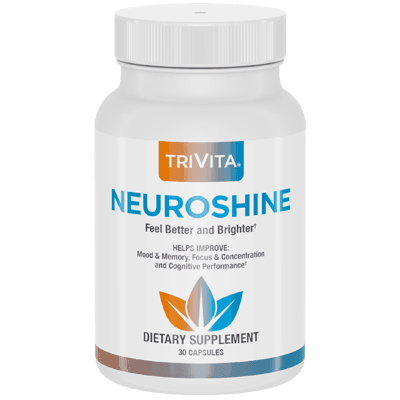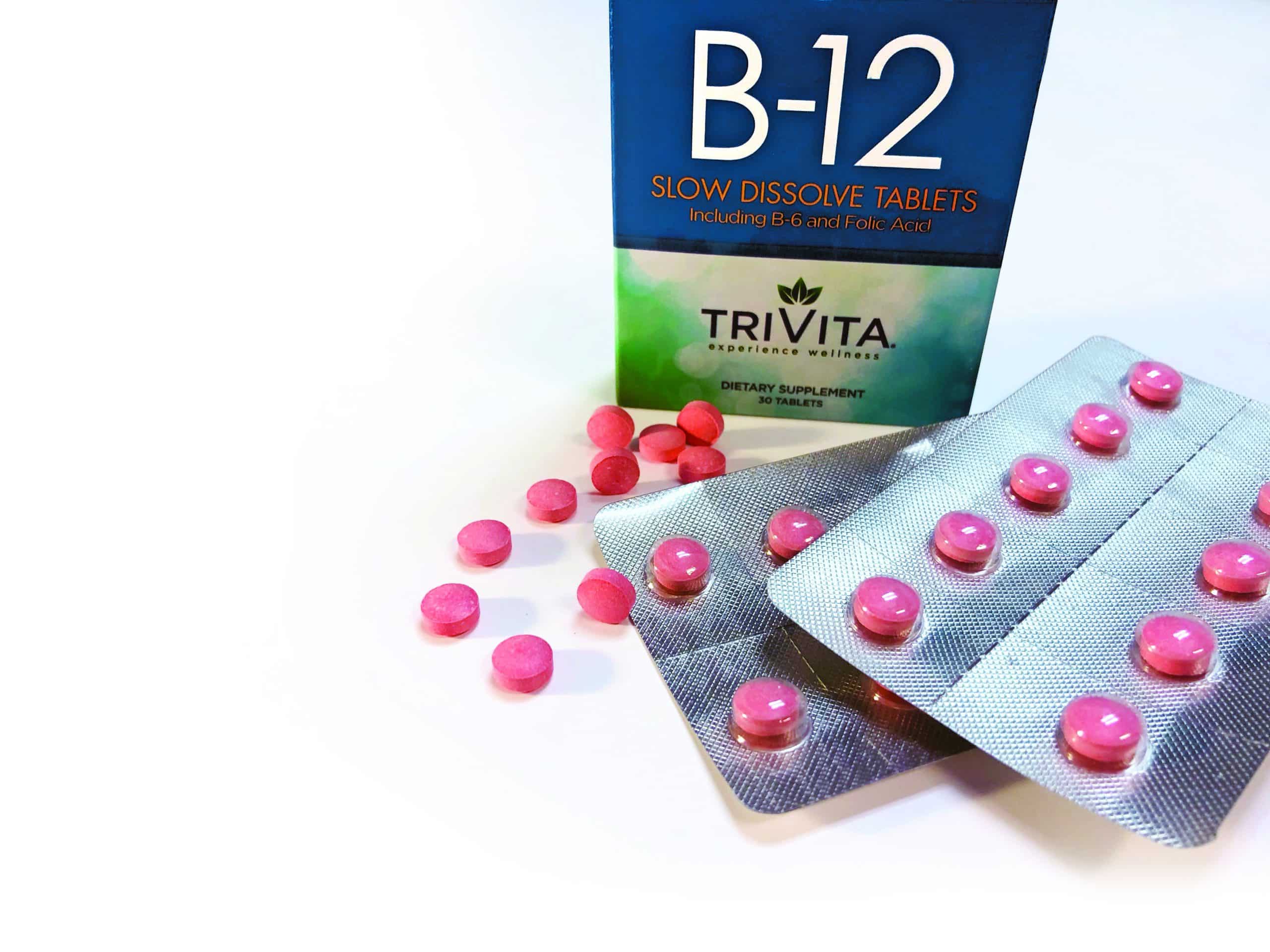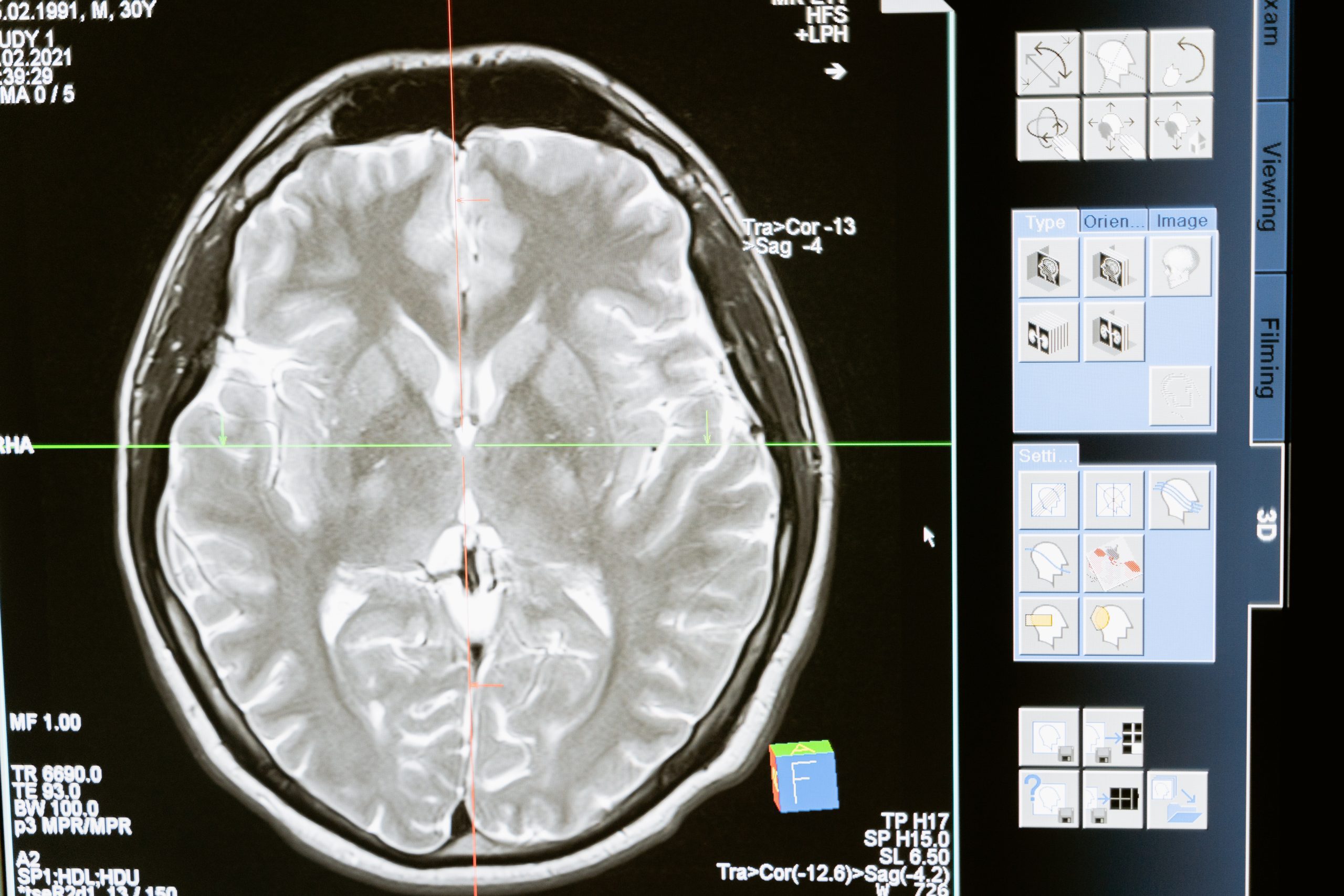What is leaky gut?
Intestinal permeability, more commonly known as leaky gut, is a condition in which the protective lining of your intestines is damaged, which allows undigested food, toxins and bacteria to enter areas of the body it shouldn’t. Your intestinal lining covers more than 4,000 square feet of surface area, and when working properly, forms a barrier that controls what is absorbed into the bloodstream.
When these foreign substances enter the blood, antigens are produced, and an autoimmune response can be triggered which results in a wide array of symptoms.
What causes leaky gut?
Your intestinal lining isn’t impenetrable, so we all experience “leaky gut” to some degree. However, some individuals are more susceptible than others due to a genetic predisposition or sensitivity to digestive changes. But the most significant driver is our lifestyle.
Here are four sneaky leaky gut culprits to watch for:
- Food can cause leaky gut
The standard American diet (SAD) is one of the leading contributors to digestive disorders because it’s low in fiber and high in saturated fats and sugar. On average, Americans consume 19.5 teaspoons of sugar every day. That translates to approximately 66 pounds of added sugar per year. Excessive sugar, along with high amounts of caffeine, alcohol and genetically modified foods can disrupt the digestive system resulting in upsets and damage. - Pharmaceuticals
Certain types of drugs can also contribute to intestinal permeability. Medications such as antibiotics, steroidsand over-the-counter pain relievers can irritate the protective lining and damage delicate mucus layers. Long-term use of non-steroidal anti-inflammatory drugs (NSAIDs) can cause intestinal damage and lead to increased permeability. - Stress
It’s difficult to define and measure stress because everyone feels it differently. And not all stress is harmful, but chronic, unmanaged stress can be disastrous for your health. In addition to increasing gut permeability and disrupting your microbiota, the rush of stress hormones can upset your digestive system affecting how food moves through your body leading to diarrhea or constipation. - Environmental Toxins
Pollution and common ecological toxins such as molds, pesticides and more can deplete your GI of vital minerals and lead to increased permeability. In fact, a comprehensive study found that dust mites can act as intestinal parasites and cause a host of digestive woes. While more information is needed to determine how common these irritants are, it’s essential to reduce your overall toxin load to improve your well-being.
Improving your overall gut health has a number of benefits, and it’s relatively simple to do. Cleaning up your diet by adding fiber, avoiding refined carbohydrates, sugars and GMOs, being mindful of your medications, reducing your daily stress and reducing exposure to toxins come together as a natural action plan for better digestive, immune and overall health.

